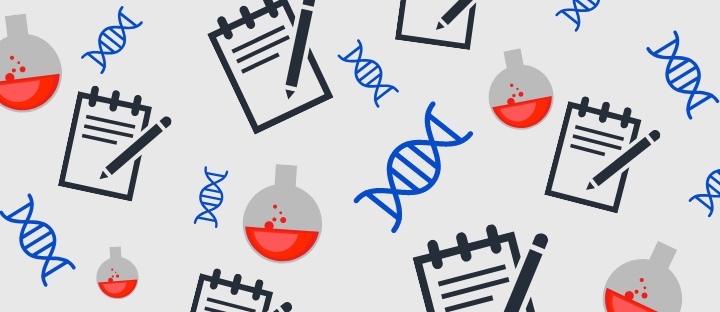#ScienceSaturday posts share exciting scientific developments and educational resources with the KAND community. Each week, Dr. Dylan Verden of KIF1A.ORG summarizes newly published KIF1A-related research and highlights progress in rare disease research and therapeutic development.
KIF1A-Related Research
Overarching pathomechanisms in inherited peripheral neuropathies, spastic paraplegias, and cerebellar ataxias
What causes KAND? At the simplest level, mutations in the KIF1A gene. But to understand how gene mutations cause KAND symptoms, we also need to learn about the underlying biology: KIF1A’s inability to move, the disruption of cargo transport in neurons, neurodegeneration. These consequences of KIF1A mutations are called pathomechanisms (“mechanisms of pathology”).
In this week’s review article, researchers described three broad disease groups with overlapping symptoms:
- Spastic Paraplegias cause lower limb spasticity and weakness
- Spinocerebellar Ataxias impact coordinated movement and balance
- Peripheral Neuropathies compromise sensation and movement
These diseases are categorized based on symptoms, but patients with mutations in KIF1A and other genes have been found in all three groups in other studies, highlighting the need to uncover the pathomechanisms of these disorders.
The authors looked at genes known to cause cases of each disorder, with a focus on their role in neurons: This included areas like axonal transport where KIF1A plays a role, as well as DNA regulation, cell metabolism, and protein recycling. By finding shared mechanisms that contribute to all three disorders, the authors highlighted the need to update our diagnostic strategies: Two patients with different mutations in the same gene may have different symptoms, and patients with mutations in different genes may have similar symptoms. Understanding the biology that links specific genetic mutations to patient symptoms could inform better therapies and interventions for patients with these disorders.
Rare Roundup
New trials of Dravet syndrome gene therapy cleared in US and Australia
As we continue to work and hope for effective gene-based therapies for KAND, we want to celebrate victories in other rare diseases: Gene therapy is a new field, and every success gives us more information and tools to improve our own efforts.
Dravet Syndrome is a devastating genetic disorder that causes epilepsy in infancy; these seizures can have profound impacts on childhood development and is often fatal. Encoded Therapeutics received the green light to begin phase I/II clinical trials for a one-time gene therapy, ETX101, that will increase expression of the SCNA1 gene that is mutated in Dravet Syndrome. The treatment had shown promising results in a preclinical mouse model of Dravet Syndrome. This trial will include an estimated 26 patients in the US and Australia.
Our congratulations to the Dravet Syndrome community on making progress toward treatment; we look forward to learning from your successes!

